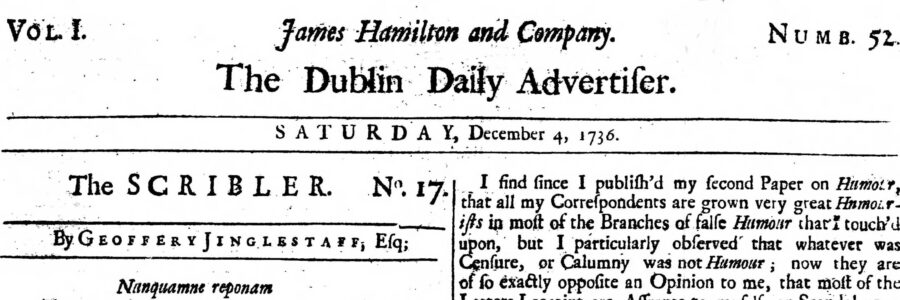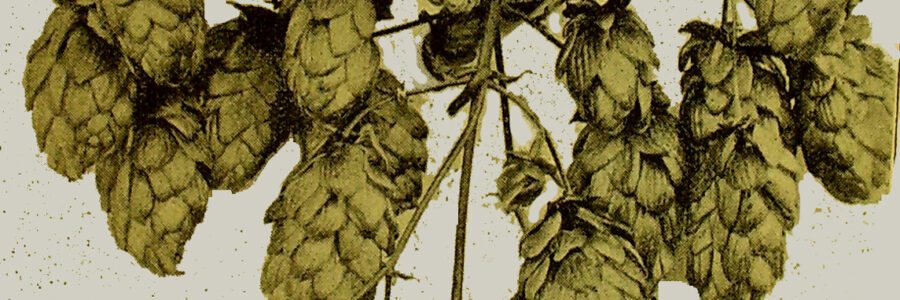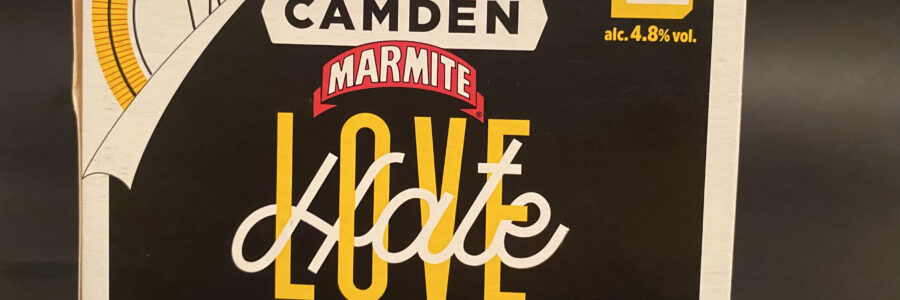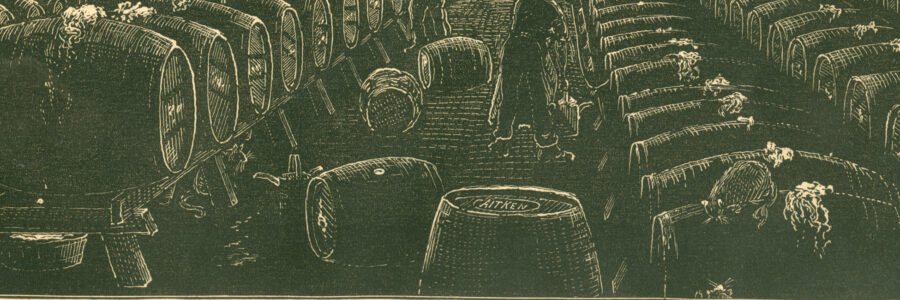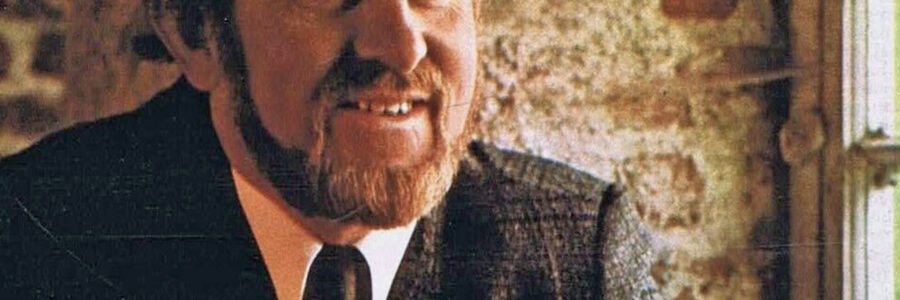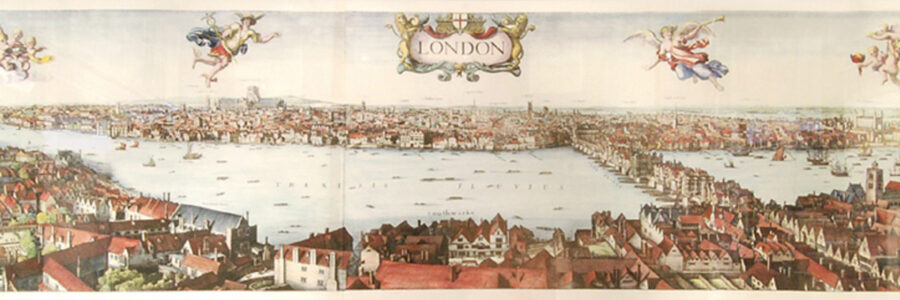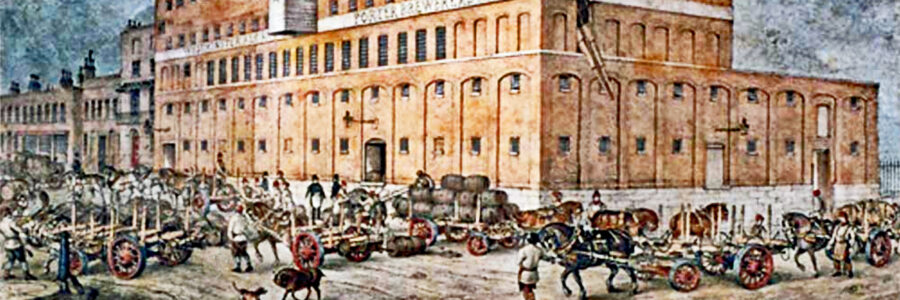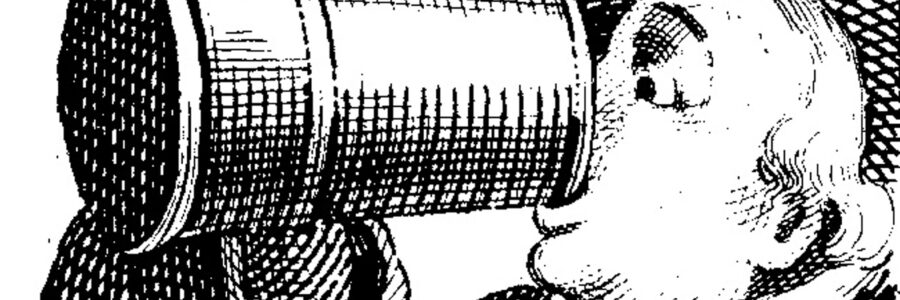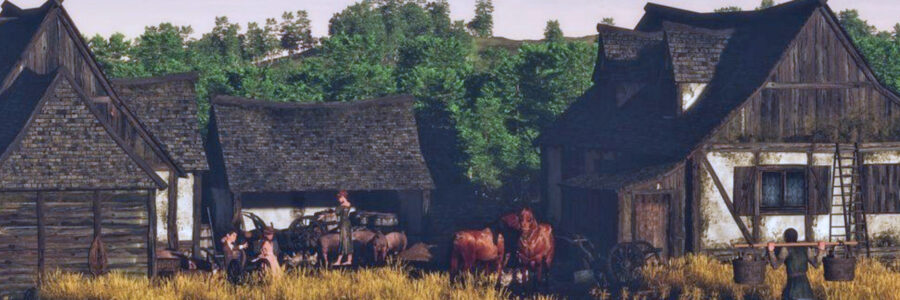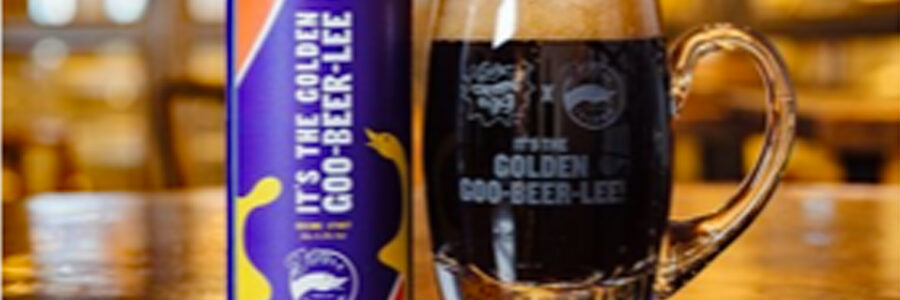Why Jonathan Swift said English porter was only fit for swine
In October 1736, Jonathan Swift, dean of St Patrick’s Cathedral in Dublin, and the foremost satirist of his age, published an attack on English porter, which was made, he said, of “the worst Malt, which is sent from all parts of the Country for that Use, and consequently nothing but Gin exceeds it for Badness.”… Read More Why Jonathan Swift said English porter was only fit for swine
